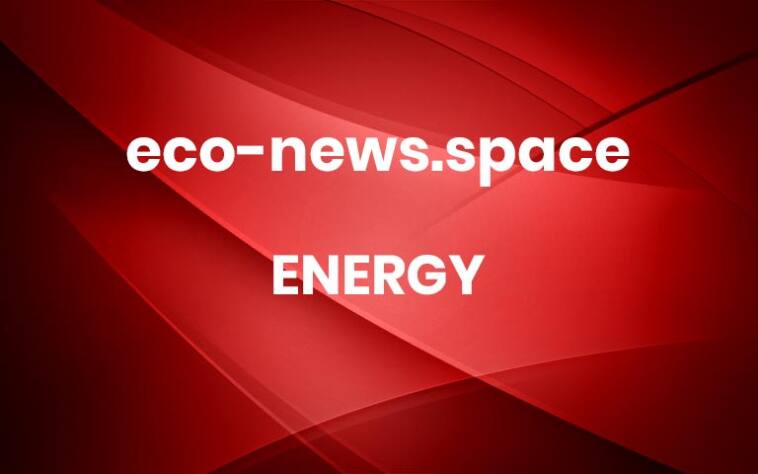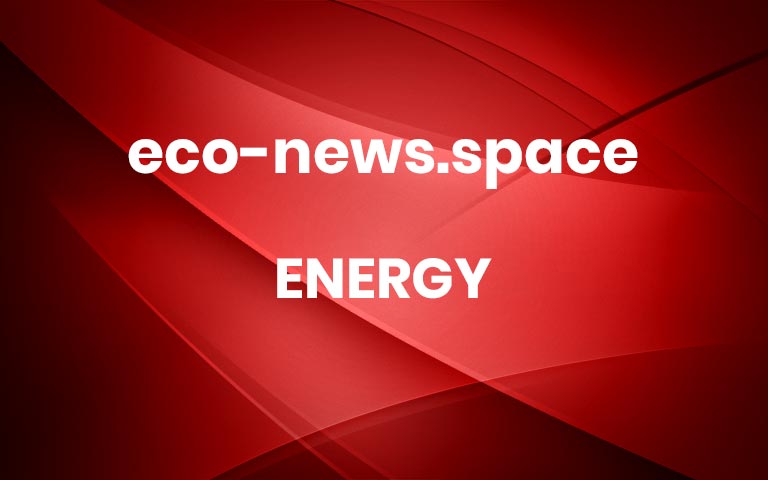A delicate dance
In early 2022, economist Catherine Wolfram was at her desk in the U.S. Treasury building. She could see the east wing of the White House, just steps away.
Russia had just invaded Ukraine, and Wolfram was thinking about Russia, oil, and sanctions. She and her colleagues had been tasked with figuring out how to restrict the revenues that Russia was using to fuel its brutal war while keeping Russian oil available and affordable to the countries that depended on it.
Now the William F. Pounds Professor of Energy Economics at MIT, Wolfram was on leave from academia to serve as deputy assistant secretary for climate and energy economics.
Working for Treasury Secretary Janet L. Yellen, Wolfram and her colleagues developed dozens of models and forecasts and projections. It struck her, she said later, that “huge decisions [affecting the global economy] would be made on the basis of spreadsheets that I was helping create.” Wolfram composed a memo to the Biden administration and hoped her projections would pan out the way she believed they would.
Tackling conundrums that weigh competing, sometimes contradictory, interests has defined much of Wolfram’s career.
Wolfram specializes in the economics of energy markets. She looks at ways to decarbonize global energy systems while recognizing that energy drives economic development, especially in the developing world.
“The way we’re currently making energy is contributing to climate change. There’s a delicate dance we have to do to make sure that we treat this important industry carefully, but also transform it rapidly to a cleaner, decarbonized system,” she says.
Economists as influencers
While Wolfram was growing up in a suburb of St. Paul, Minnesota, her father was a law professor and her mother taught English as a second language. Her mother helped spawn Wolfram’s interest in other cultures and her love of travel, but it was an experience closer to home that sparked her awareness of the effect of human activities on the state of the planet.
Minnesota’s nickname is “Land of 10,000 Lakes.” Wolfram remembers swimming in a nearby lake sometimes covered by a thick sludge of algae. “Thinking back on it, it must’ve had to do with fertilizer runoff,” she says. “That was probably the first thing that made me think about the environment and policy.”
In high school, Wolfram liked “the fact that you could use math to understand the world. I also was interested in the types of questions about human behavior that economists were thinking about.
“I definitely think economics is good at sussing out how different actors are likely to react to a particular policy and then designing policies with that in mind.”
After receiving a bachelor’s degree in economics from Harvard University in 1989, Wolfram worked with a Massachusetts agency that governed rate hikes for utilities. Seeing its reliance on research, she says, illuminated the role academics could play in policy setting. It made her think she could make a difference from within academia.
While pursuing a PhD in economics from MIT, Wolfram counted Paul L. Joskow, the Elizabeth and James Killian Professor of Economics and former director of the MIT Center for Energy and Environmental Policy Research, and Nancy L. Rose, the Charles P. Kindleberger Professor of Applied Economics, among her mentors and influencers.
After spending 1996 to 2000 as an assistant professor of economics at Harvard, she joined the faculty at the Haas School of Business at the University of California at Berkeley.
At Berkeley, it struck Wolfram that while she labored over ways to marginally boost the energy efficiency of U.S. power plants, the economies of China and India were growing rapidly, with a corresponding growth in energy use and carbon dioxide emissions. “It hit home that to understand the climate issue, I needed to understand energy demand in the developing world,” she says.
The problem was that the developing world didn’t always offer up the kind of neatly packaged, comprehensive data economists relied on. She wondered if, by relying on readily accessible data, the field was looking under the lamppost — while losing sight of what the rest of the street looked like.
To make up for a lack of available data on the state of electrification in sub-Saharan Africa, for instance, Wolfram developed and administered surveys to individual, remote rural households using on-the-ground field teams.
Her results suggested that in the world’s poorest countries, the challenges involved in expanding the grid in rural areas should be weighed against potentially greater economic and social returns on investments in the transportation, education, or health sectors.
Taking the lead
Within months of Wolfram’s memo to the Biden administration, leaders of the intergovernmental political forum Group of Seven (G7) agreed to the price cap. Tankers from coalition countries would only transport Russian crude sold at or below the price cap level, initially set at $60 per barrel.
“A price cap was not something that had ever been done before,” Wolfram says. “In some ways, we were making it up out of whole cloth. It was exciting to see that I wrote one of the original memos about it, and then literally three-and-a-half months later, the G7 was making an announcement.
“As economists and as policymakers, we must set the parameters and get the incentives right. The price cap was basically asking developing countries to buy cheap oil, which was consistent with their incentives.”
In May 2023, the U.S. Department of the Treasury reported that despite widespread initial skepticism about the price cap, market participants and geopolitical analysts believe it is accomplishing its goals of restricting Russia’s oil revenues while maintaining the supply of Russian oil and keeping energy costs in check for consumers and businesses around the world.
Wolfram held the U.S. Treasury post from March 2021 to October 2022 while on leave from UC Berkeley. In July 2023, she joined MIT Sloan School of Management partly to be geographically closer to the policymakers of the nation’s capital. She’s also excited about the work taking place elsewhere at the Institute to stay ahead of climate change.
Her time in D.C. was eye-opening, particularly in terms of the leadership power of the United States. She worries that the United States is falling prey to “lost opportunities” in terms of addressing climate change. “We were showing real leadership on the price cap, and if we could only do that on climate, I think we could make faster inroads on a global agreement,” she says.
Now focused on structuring global agreements in energy policy among developed and developing countries, she’s considering how the United States can take advantage of its position as a world leader. “We need to be thinking about how what we do in the U.S. affects the rest of the world from a climate perspective. We can’t go it alone.
“The U.S. needs to be more aligned with the European Union, Canada, and Japan to try to find areas where we’re taking a common approach to addressing climate change,” she says. She will touch on some of those areas in the class she will teach in spring 2024 titled “Climate and Energy in the Global Economy,” offered through MIT Sloan.
Looking ahead, she says, “I’m a techno optimist. I believe in human innovation. I’m optimistic that we’ll find ways to live with climate change and, hopefully, ways to minimize it.”
This article appears in the Winter 2024 issue of Energy Futures, the magazine of the MIT Energy Initiative. More



